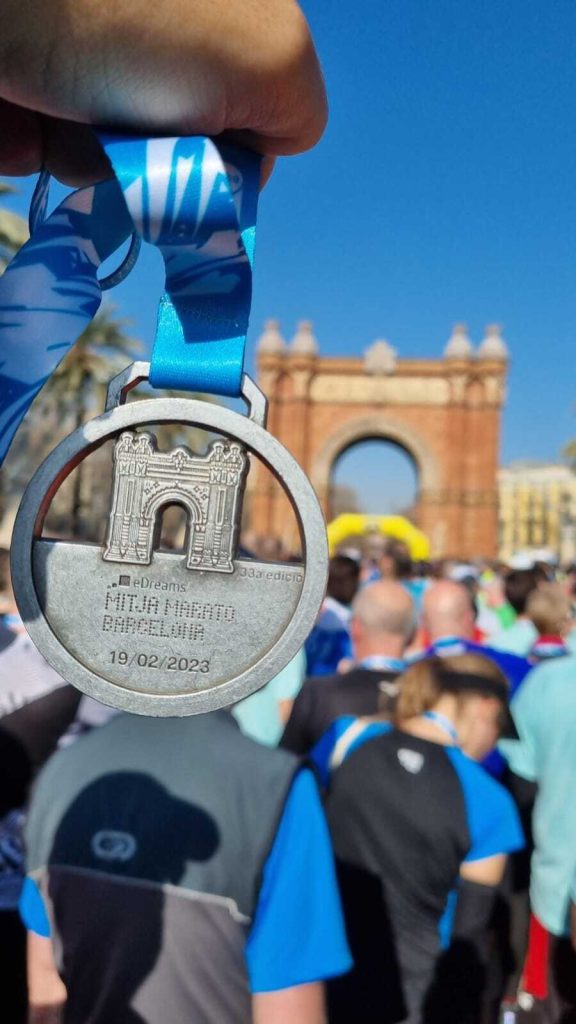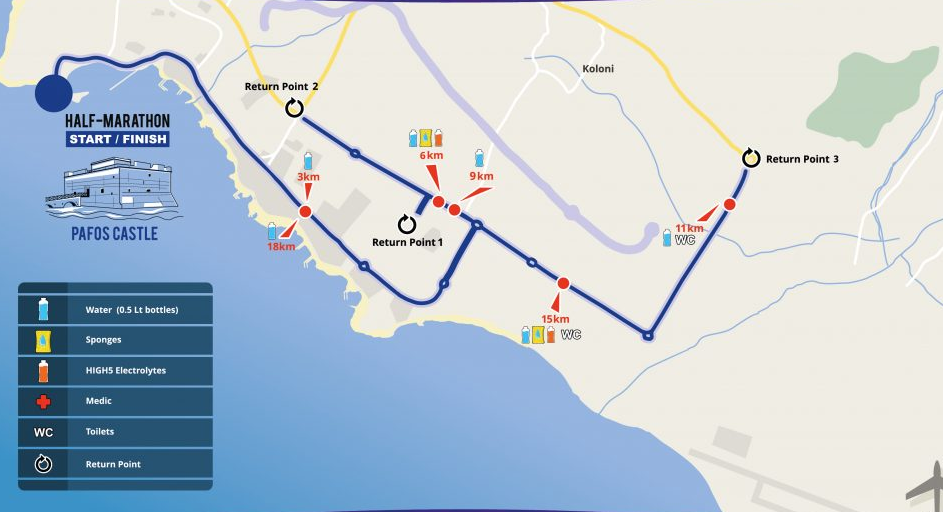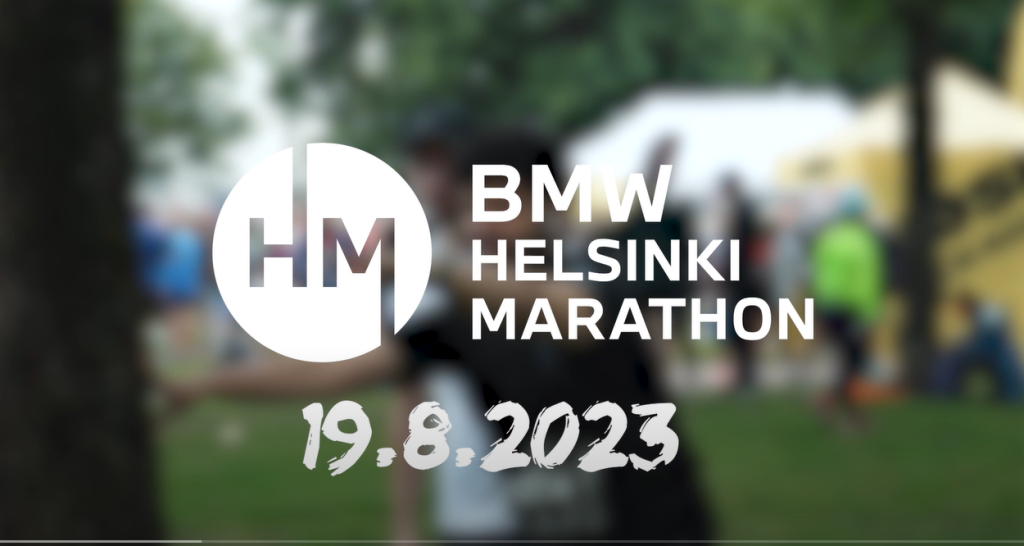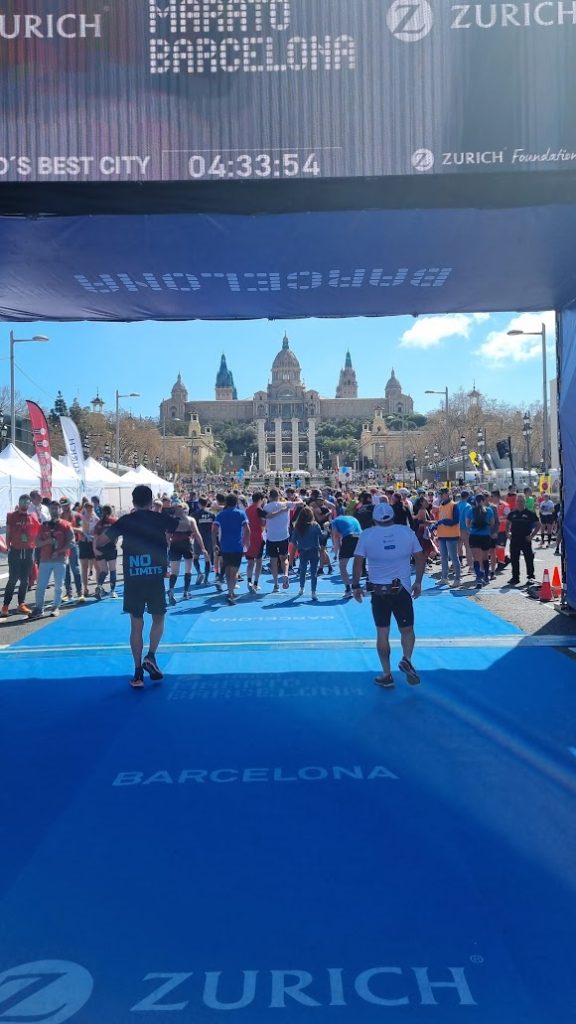As May 25, 2024, approaches, my excitement for the Vilnius Half Marathon grows. Not only is this event a chance to challenge myself in the beautiful capital of Lithuania, but it’s also a milestone in my running journey. Here’s a glimpse into how I’m gearing up for one of my biggest challenges yet, blending cross-training with dedicated running.
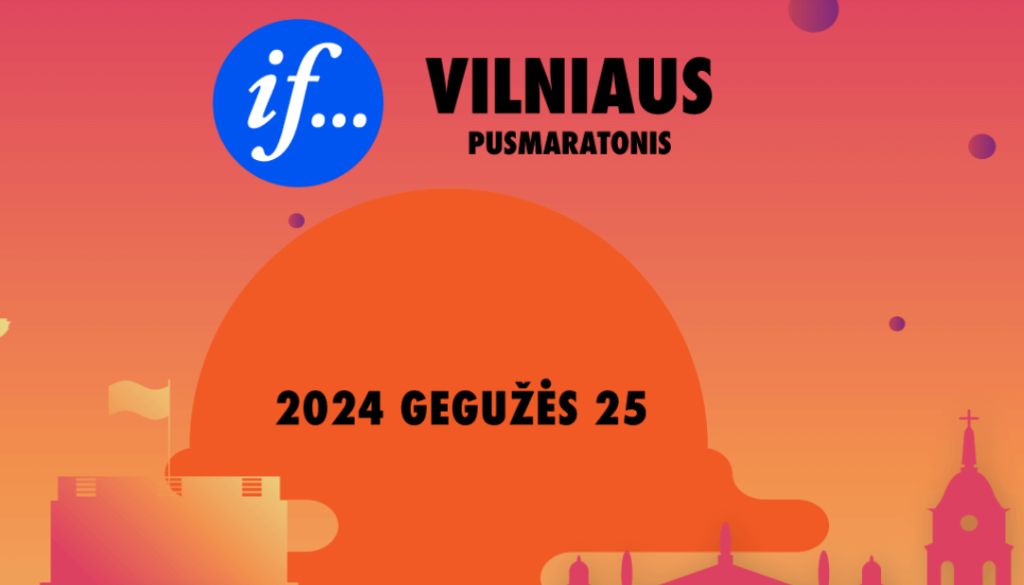
Crafting a Balanced Training Program
My preparation for the Vilnius Half Marathon isn’t just about running; it’s about building endurance and strength without overtraining. Incorporating swimming and cycling into my routine helps enhance my cardiovascular health and reduces the risk of running-related injuries. Swimming is a fantastic low-impact exercise that improves my lung capacity and provides a full-body workout, while cycling boosts leg strength and stamina.
Why Cross-Training Works: Cross-training allows me to maintain a higher overall training volume without the stress that multiple long runs would impose on my body. By mixing swimming, biking, and running, I can stay physically balanced, which is crucial for reaching peak performance on race day. This varied training approach keeps each week exciting and challenging.
The Allure of Vilnius Half Marathon
The Vilnius Half Marathon offers runners a unique opportunity to explore the cobblestone charm of Vilnius while racing. The course winds through the historic old town, a UNESCO World Heritage site, and along the banks of the Neris River, providing breathtaking views that juxtapose ancient architecture with vibrant city life.
Race Day Anticipation: As I visualize crossing the finish line, I’m also planning my race day strategy and logistics. The event is well-organized with plenty of hydration stations and enthusiastic crowd support, which makes it a favorite among local and international runners. I’m looking forward to experiencing the lively atmosphere and the supportive community that the Vilnius Half Marathon is known for.
Weekly Training Insights
Each week, I aim to hit a mix of high-intensity and low-intensity workouts. A typical week includes two swim sessions, two bike rides, and three runs, varying from tempo runs to long, slow distances. I use these workouts not only to build physical endurance but also to mentally prepare for the demands of race day.
Listening to My Body: The key to successful training is listening to my body and adjusting accordingly. Rest days are as vital as workout days, ensuring I recover adequately and avoid burnout. I also focus on nutrition, hydrating well, and getting enough sleep, all of which are crucial for maintaining high energy levels during training and on race day.
Connecting with Fellow Runners
As I train for the Vilnius Half Marathon, I’ve connected with fellow runners through online forums and local running clubs. Sharing tips, challenges, and experiences with others has been invaluable. It’s not just about competition; it’s about community and learning from each other.
Building a Support Network: These connections have formed a supportive network that motivates me every step of the way. We cheer each other on, share training plans, and even coordinate some of our long runs together. This community aspect of running is what makes the sport so special and keeps me inspired.
Training for the Vilnius Half Marathon is more than just a physical challenge; it’s a journey of personal growth and community connection. I look forward to sharing more of my experiences as I get closer to race day. Stay tuned for updates and wish me luck as I continue to prepare for this exciting event. Join me in embracing the challenges and celebrating the achievements along the way!

